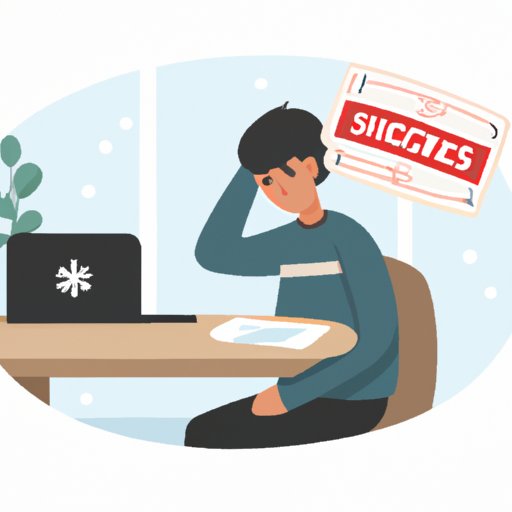
How Many Sick Days Do You Get? Understanding Your Rights and Responsibilities
When it comes to dealing with illness in the workplace, there can be a lot of uncertainty around how to handle sick days. It’s important for employees to understand their rights and responsibilities regarding sick leave, as well as how employers can provide a supportive environment for those who are unwell.
The Truth About Sick Days: How Many Are Actually Required by Law?
Under federal law, employers are not required to offer paid sick leave, although many do. However, certain states and localities have implemented their own regulations around sick leave. For example, California requires employers to offer at least three days of paid sick leave per year for full-time employees, while San Francisco requires employers to offer up to nine days of paid sick leave.
Employers may also choose to offer additional sick leave above the minimum required by law. This can be a valuable benefit for employees, as it allows them to take time off when they need it without sacrificing their pay. Additionally, offering generous sick leave policies can improve employee morale and retention.
Can You Really Call In Sick? A Guide to Sick Leave Policies in the Workplace
Most employers have specific policies and procedures around sick leave. These policies typically detail how and when employees can request sick days, as well as any requirements for providing documentation of illness. Additionally, many employers have protocols for what happens if an employee abuses sick leave or takes too many sick days.
It’s important to follow your employer’s policies around sick leave to avoid any negative consequences. If you’re unsure about the specifics of your employer’s sick leave policy, ask your supervisor or HR representative for clarification.
Maximizing Your Time Off: How to Use Your Sick Days Strategically
When taking sick days, it’s important to use them effectively in order to properly recover from illness. This means prioritizing rest and relaxation, and avoiding activities that could exacerbate your symptoms. Additionally, if you have a chronic condition that requires frequent sick days, it may be helpful to develop a plan with your employer to manage your workload and ensure your time off is used wisely.
Sick Day Etiquette: Do’s and Don’ts of Calling In Sick
When calling in sick, it’s important to communicate with your supervisor and coworkers in a professional and respectful manner. This means providing as much notice as possible, providing documentation if required, and avoiding oversharing about your illness. Additionally, it’s important to avoid abusing sick leave by taking unnecessary time off or lying about your illness.
Balancing Work and Health: Why Taking Sick Days Benefits You and Your Employer
Taking sick days when you need them is essential for maintaining your health and wellbeing. It allows you time to properly recover from illness and avoid spreading illness to coworkers. Additionally, by prioritizing your own health, you are better able to perform your job tasks effectively when you are at work.
Employers also benefit from having healthy, rested employees. Sick employees are often less productive, and infectious illnesses can spread quickly through a workplace. By offering generous sick leave policies and encouraging employees to take time off when they are unwell, employers can create a more supportive and productive workplace culture.
Mental Health Days: The Importance of Taking Time Off for Emotional Well-Being
Mental health is just as important as physical health, and taking time off to address emotional wellbeing is essential for many individuals. However, many employees may feel uncomfortable discussing mental health with their employers or taking time off for these reasons.
It’s important for employers to recognize the importance of mental health and create a supportive environment for employees who need time off for emotional wellbeing. Employees should feel comfortable discussing these issues with their supervisors and receiving accommodations when necessary.
From Colds to Chronic Illnesses: What Your Employer Can Legally Require When It Comes to Sick Leave
Employers are required to accommodate employees with disabilities under the Americans with Disabilities Act (ADA). This means that employees with chronic illnesses or disabilities may be entitled to a certain amount of sick leave or other accommodations in order to manage their condition.
It’s important for employees with chronic illnesses to understand their rights under the ADA and communicate with their employers about necessary accommodations. Employers also have a responsibility to provide these accommodations and create a supportive environment for all employees.
Conclusion
Sick leave can be a complicated issue, but understanding your rights and responsibilities is essential for navigating it successfully. By following your employer’s policies regarding sick leave, prioritizing your health, and communicating effectively with supervisors and coworkers, you can ensure that you are using your sick days effectively and maintaining a productive and supportive workplace environment.





